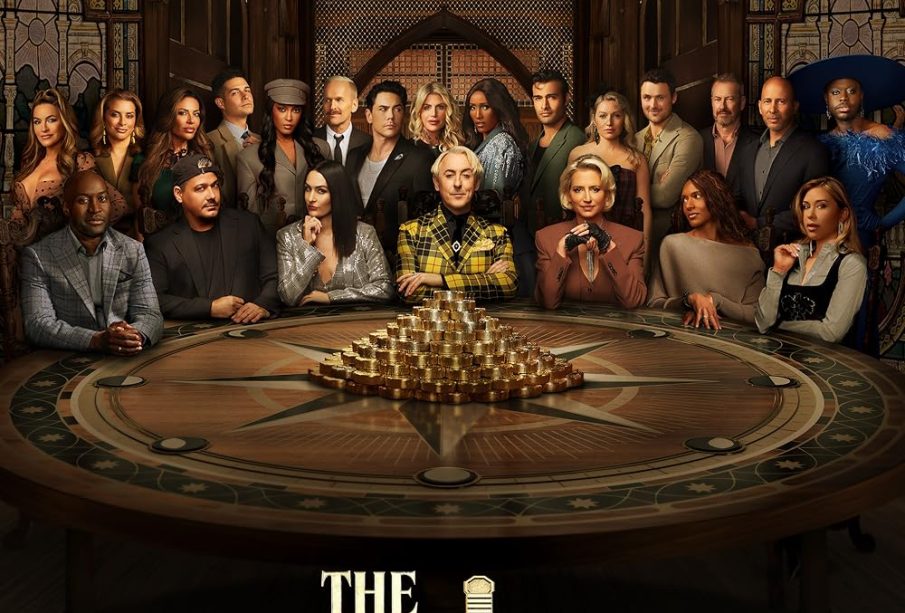Understanding ‘The Traitors’: A Cultural Exploration

Introduction
‘The Traitors’ has emerged as a significant cultural phenomenon, gaining notable traction in contemporary entertainment. This reality television show, which blends strategy and social dynamics, has captivated audiences globally. Its unique premise and engaging format challenge not only the participants but also viewers, creating a shared experience that resonates with many. Understanding this show’s relevance provides insight into current entertainment trends and the evolving landscape of reality TV.
The Format and Appeal
Created by Dutch television producer secures, the show involves contestants who must avoid being deemed ‘traitors’ by their peers. Players work together while secretly attempting to sabotage each other’s efforts to win a shared cash prize. The combination of psychological strategy and social gameplay makes ‘The Traitors’ a compelling watch, leading to intense moments of drama and alliances. Recently, adaptations in various countries, including the UK and the US, have propelled its popularity further, drawing diverse demographics into its intriguing world.
Response from Audiences and Critics
Critical reception of ‘The Traitors’ has been predominantly positive, with commentators praising its innovative approach to reality entertainment. Many viewers appreciate the deeper psychological elements compared to standard reality formats, allowing for a more cerebral engagement. Ratings for recent seasons indicate a growing fanbase, and discussions on social media highlight the show’s ability to provoke thought and community interaction over strategy and allegiances. Furthermore, the show’s format has sparked conversations around trust, betrayal, and ethics in a competitive context, reflecting broader societal themes.
The Future of ‘The Traitors’
Looking ahead, ‘The Traitors’ shows no signs of waning in popularity. As networks continue to invest in reality formats that promote competition and cooperation, there are indications of further international adaptations. Moreover, the show has the potential to inspire similar productions that emphasise social strategy, as viewers seek fresh entertainment experiences that engage both their analytical and emotional faculties.
Conclusion
The cultural significance of ‘The Traitors’ cannot be overstated. As a product of evolving viewer preferences, it illustrates a shift towards more complex narratives within reality television. Audiences are drawn to its intricate social dynamics and the moral dilemmas faced by contestants, yielding a unique viewing experience. As its influence grows, ‘The Traitors’ will likely continue to shape the future of reality shows, making it a key subject of analysis for both entertainment professionals and fans alike.









